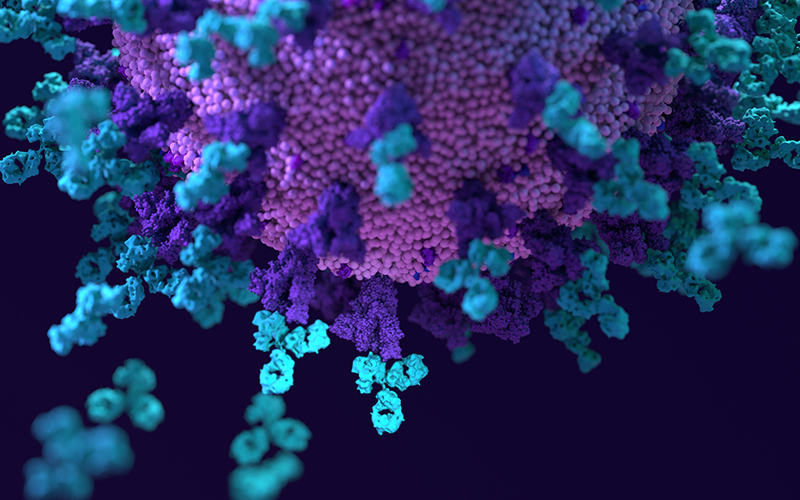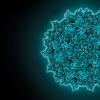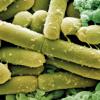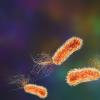A new approach developed by researchers at the Indian Institute of Science (IISc) provides an alternative mechanism to vaccines, which renders viruses such as SARS-CoV-2 inactive.

The researchers report the design of a new class of artificial peptides or miniproteins that can not only block virus entry into our cells but also clump virus particles together, reducing their ability to infect.
A protein–protein interaction is often like that of a lock and a key. This interaction can be hampered by a lab-made miniprotein that mimics, competes with, and prevents the “key” from binding to the “lock”, or vice versa.
In the new study, the team has exploited this approach to design miniproteins that can bind to, and block the spike protein on the surface of the SARS-CoV-2 virus.
This binding was further characterised extensively by cryo-electron microscopy (cryo-EM) and other biophysical methods.
Image credit | Shutterstock




